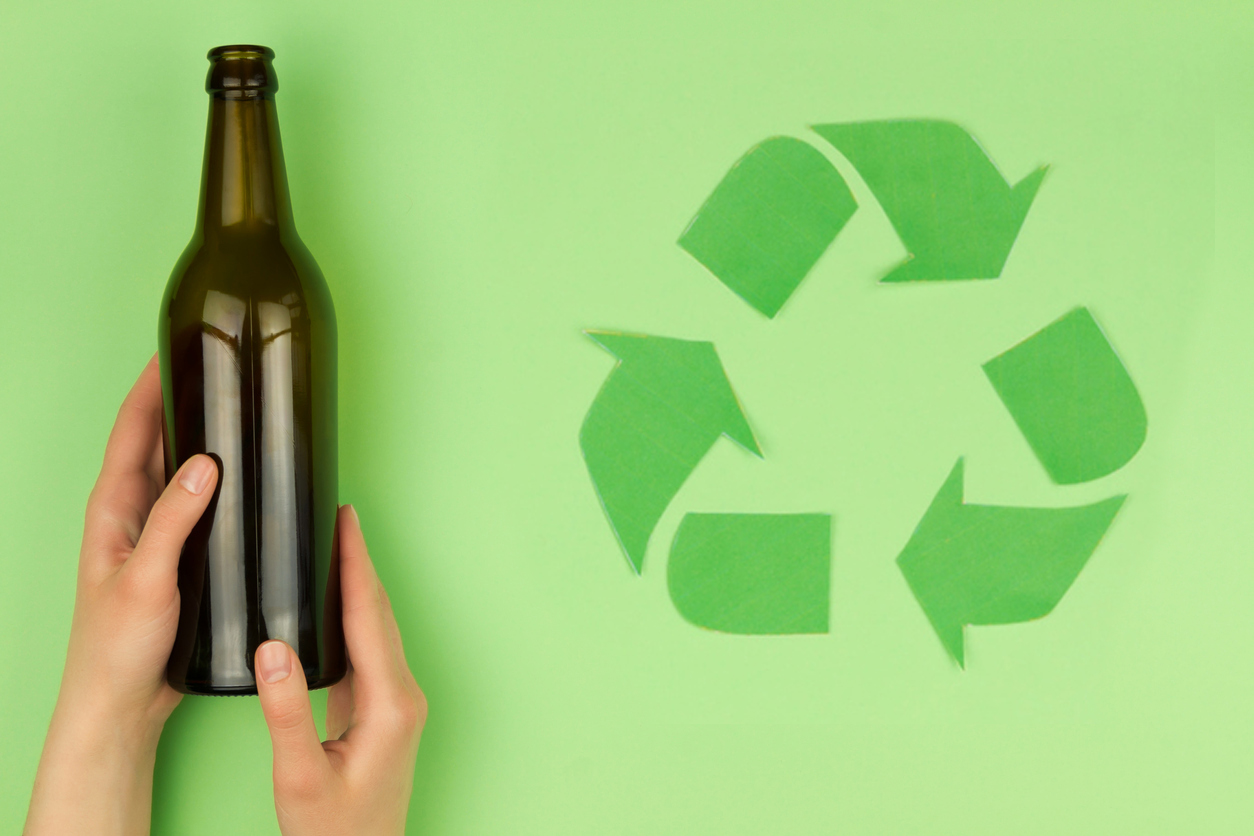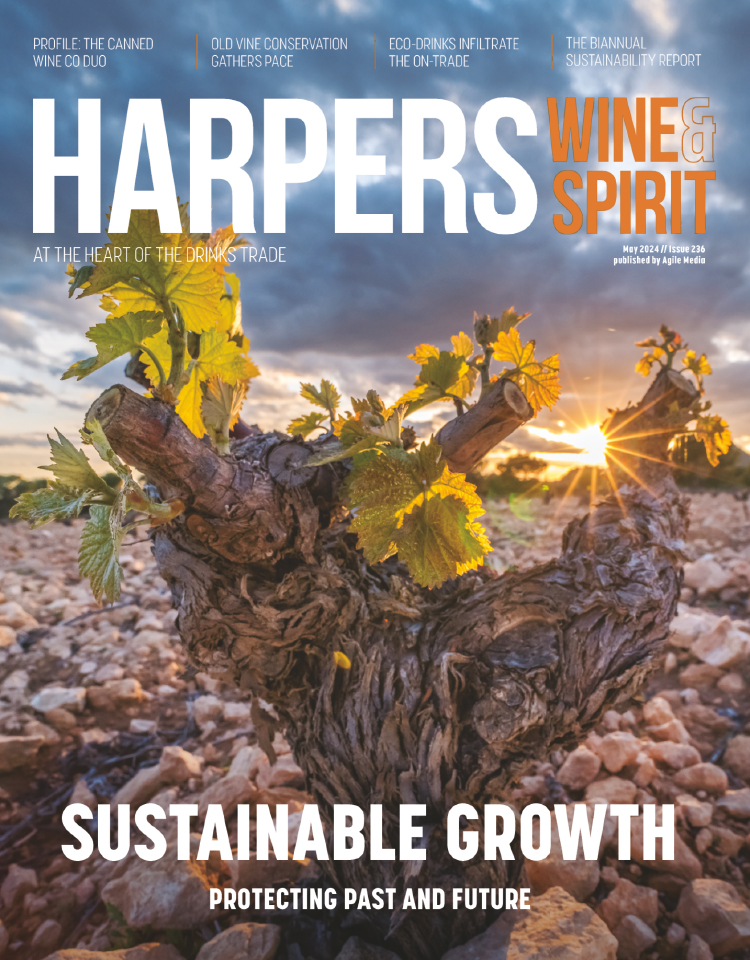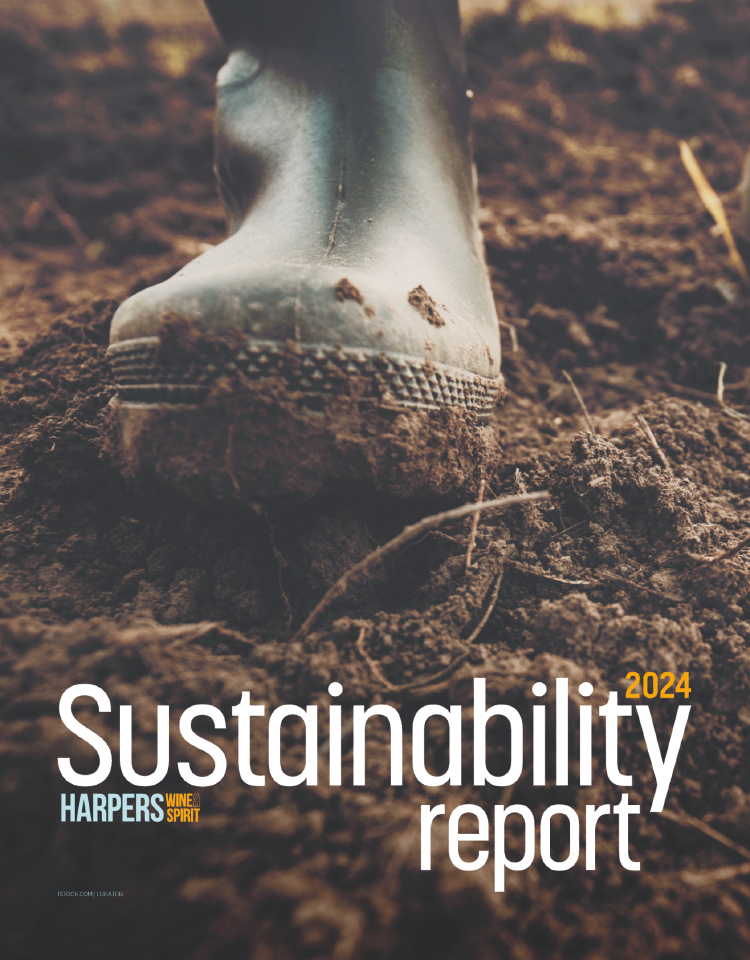
New DRS launch date reconfirms glass exclusion for England and NI
The newest launch date for a Deposit Return Scheme (DRS) in England and Northern Ireland has re-confirmed that businesses will not be required to participate in a new system for glass recycling. However, confusion still abounds around the roll-out of four different national DRS schemes and how they will work in practice.
Following a period of consultation, the government has now set a target of October 2025 for introducing a DRS in England, Wales and Northern Ireland.
Separate schemes for Scotland and the Republic of Ireland are due to start on 16 August this year and 1 February 2024 respectively.
Today’s announcement also reconfirms what we knew last year: glass containers will be included in the schemes in Scotland and Wales, while being excluded in those of England and NI, which will focus on plastic and aluminium instead.
By now, fears surrounding the implementation of such schemes have been well documented.
Many have welcomed the imminent launches on the grounds that a DRS will lead to greater incentivised recycling via publicly available reverse vending machines. Others, however, have advised caution on operational grounds, pointing out that the inclusion of glass bottles could result in substantial costs for retailers, with issues around safety, storage, handling heavy waste and breakages all potential problems.
Others still have also drawn attention to the logistical difficulties of having different packaging types included in different parts of the UK.
Association of Convenience Stores chief executive James Lowman has already said it “will be a nightmare for wholesalers and producers who will have to make, store and distribute two versions of many products”.
In retail, consumers are set to pay an additional 20p when they purchase a drink in a single-use container, which is then redeemed when they take the container back to a return point operator. Defra has set a collection target of 90% within the first three years of the scheme going live.
The various schemes will affect the on-trade too.
While noting that sustainability is a “key focus for hospitality”, UKHospitality chief executive Kate Nicholls acknowledged that getting a system which is the right fit for the industry is a “colossal undertaking”.
“Lessons must be learned,” from the scheme in Scotland, she said. “In particular, the need for ample time to bring businesses along on the journey to ensure it is workable. The government’s planned implementation in 2025 is an encouraging start.
“There will be nuances between sectors which need factoring into the scheme’s design. For example, the operation of an online takeback scheme is simply not practical for hospitality. We would encourage the government to provide an exemption for this, like in Scotland.”
Miles Beale, chief executive of the Wine and Spirit Trade Association, said he is “pleased” that Defra has listened to industry concerns about the inclusion of glass and that glass containers will not be part of the DRS in England or NI.
“Government understands that the glass industry is committed to increasing recycling levels to 90% by 2030, without the need to include glass. Consumers may not be aware that DRS will separate collections between kerbside and return points thereby reducing efficiency,” he added.
However, he went on to say it is “disappointing that not all UK governments share this same evidence-based approach to policy making. The consequence of Scotland and Wales taking different approaches will make it harder for businesses to trade across the UK and could undermine recycling aims."
Keywords:
- UK
- Scotland
- year
- chief executive
- England
- different
- scheme
- ireland
- wales
- glass
- drs
- NI
- northern ireland
- schemes
- launch date
- executive james
- james lowman
- return point operator
- executive james lowman
- chief executive james
- convenience stores chief
- stores chief executive









